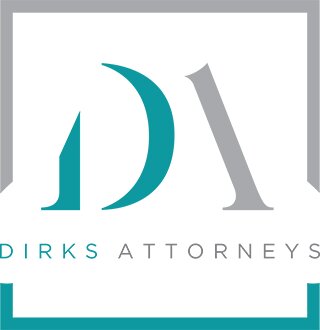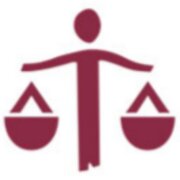Best Class Action Lawyers in Cape Town
Share your needs with us, get contacted by law firms.
Free. Takes 2 min.
List of the best lawyers in Cape Town, South Africa
About Class Action Law in Cape Town, South Africa
Class Action law in Cape Town, South Africa, is a branch of law that allows a large group of people who share a common cause of action against the same entity to file a lawsuit collectively. This kind of law applies where individual litigation can prove to be difficult due to the magnitude of people affected. For instance, in cases of consumer rights, environmental matters, and human rights among others. Class action law's primary purpose is to strengthen access to justice, promote efficiency in the court system, and enhance the wrongdoer's responsibility.
Why You May Need a Lawyer
There are various scenarios where you might require the services of a class action lawyer. These include cases where you suffer harm as a result of a company's faulty product along with many other consumers, environmental harm caused by a big corporation, or when your human rights are violated alongside a large group of people. A lawyer is crucial in these cases because they understand the legal intricacies involved in mounting a successful class action lawsuit. They can also efficiently manage the logistics of representing a large group of people.
Local Laws Overview
The South Africa court system only recognized class action lawsuits after the Constitution Act of 1996, under Section 38. This section allows anyone acting as a member of, or in the interest of, a group or class to approach a competent court alleging that a right in the Bill of Rights has been infringed. The courts have also developed rules that guide class action suits such as the requirement of a common right that warrants proceedings, a class that is identifiable, and the right to opt out of the class for members of the defined group.
Frequently Asked Questions
1. What is a class action lawsuit?
A class action lawsuit is a legal claim brought by a group of people who have suffered similar harm from the same defendant. The aim is to increase the efficiency of the legal process and to lower the costs of litigation by grouping similar cases together.
2. Who can initiate a class action?
Any person or entity who has a claim that raises a substantial point of law of general public importance and affects a considerable number of people can initiate a class action.
3. Does South Africa recognize international class action?
Yes, South African courts do recognize international class actions under certain limited circumstances. The coordination and complexity of these cases make them a specialist area within class action litigation.
4. Do I have to join a class action?
No, you are not required to join a class action. In many cases, you will automatically be included in the class, but you always have the right to opt out and pursue your claim individually.
5. How long does a class action take to conclude?
The duration of a class action depends on various factors like the complexity of the case, the number of plaintiffs involved and the defendant’s response. It can often take several years to reach a conclusion.
Additional Resources
The Law Society of South Africa and the South African Human Rights Commission offer additional resources and information on class action law. You may also consider reading the 'Class Actions' manual produced by the University of the Witwatersrand School of Law, Johannesburg.
Next Steps
If you find yourself in need of legal assistance regarding a potential class action, it's important that you seek advice from an experienced lawyer in Cape Town. They will help assess your claim and guide you on the possibility of either joining an existing class action or initiating a new one. Also, remember to collect all relevant evidence and document details about your claim as this can be crucial for your case.
Lawzana helps you find the best lawyers and law firms in Cape Town through a curated and pre-screened list of qualified legal professionals. Our platform offers rankings and detailed profiles of attorneys and law firms, allowing you to compare based on practice areas, including Class Action, experience, and client feedback.
Each profile includes a description of the firm's areas of practice, client reviews, team members and partners, year of establishment, spoken languages, office locations, contact information, social media presence, and any published articles or resources. Most firms on our platform speak English and are experienced in both local and international legal matters.
Get a quote from top-rated law firms in Cape Town, South Africa — quickly, securely, and without unnecessary hassle.
Disclaimer:
The information provided on this page is for general informational purposes only and does not constitute legal advice. While we strive to ensure the accuracy and relevance of the content, legal information may change over time, and interpretations of the law can vary. You should always consult with a qualified legal professional for advice specific to your situation.
We disclaim all liability for actions taken or not taken based on the content of this page. If you believe any information is incorrect or outdated, please contact us, and we will review and update it where appropriate.














